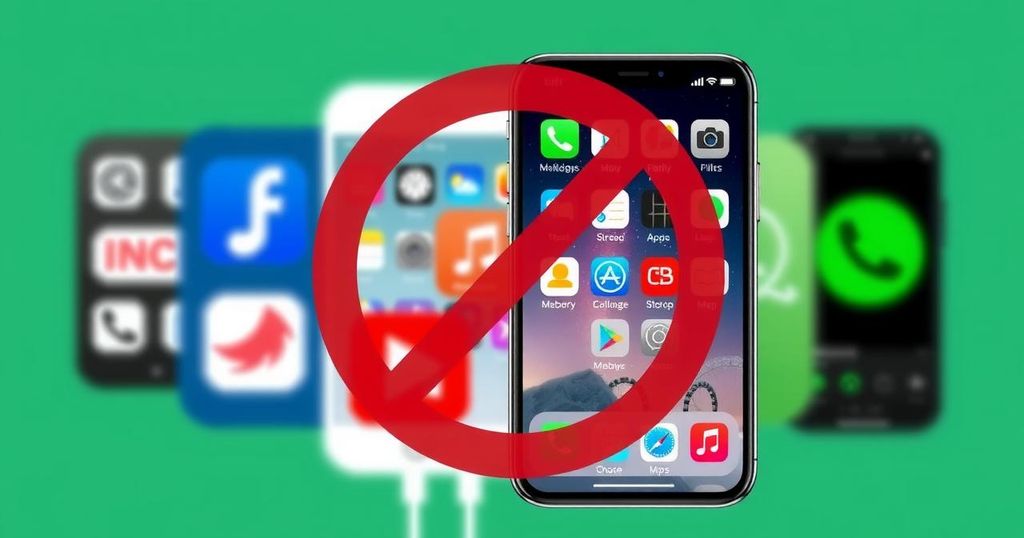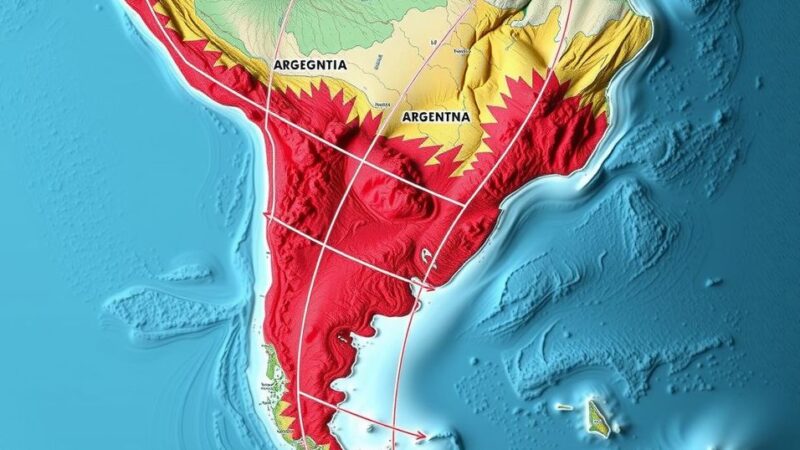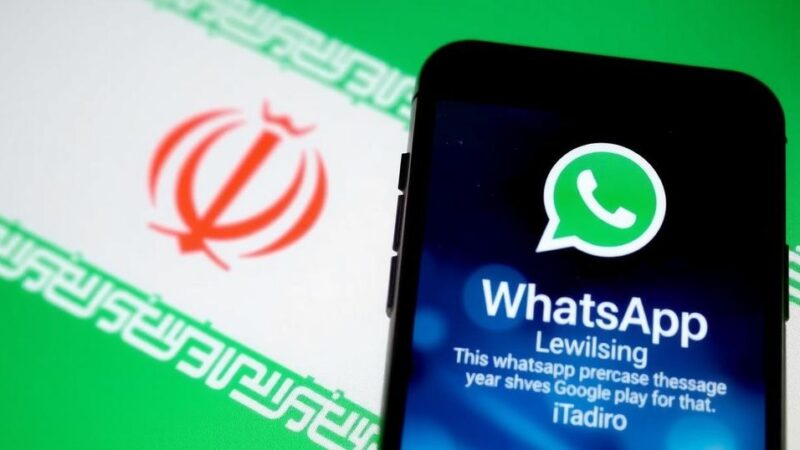Iran has lifted the ban on WhatsApp and Google Play as an initial action to reduce Internet restrictions. This decision follows a vote by government officials and aligns with ongoing efforts to ease strict controls on social media usage in the country. Communications Minister Sattar Hashemi confirmed that this represents the first step towards more significant Internet accessibility.
Iranian authorities have officially lifted the ban on the popular messaging application WhatsApp, alongside the Google Play store. This decision marks a significant initial step towards alleviating stringent Internet restrictions previously enforced in the Islamic Republic. Members of the Iranian government, including President Masoud Pezeshkian, convened to reach a positive majority vote favoring this move, as reported by the IRNA news agency. Communications Minister Sattar Hashemi highlighted this action as the commencement of broader efforts to diminish Internet limitations in the country.
The Islamic Republic of Iran is known for implementing some of the most rigorous controls over Internet access globally, particularly against Western social media platforms like Facebook, Twitter, and YouTube. Despite these restrictions, many tech-savvy citizens manage to circumvent these bans utilizing virtual private networks (VPNs) to access blocked content. The prohibition of these platforms has notably impacted the dissemination of information during substantial anti-government protests that have occurred in the country, emphasizing the tension between state controls and individual freedoms.
In summary, the lifting of the ban on WhatsApp and Google Play by Iranian authorities symbolizes a tentative but notable shift towards relaxing Internet censorship in Iran. This development follows international calls for greater cooperation from technology firms to assist in overcoming digital censorship, an ongoing challenge in Iran and similar regimes. It remains essential to monitor how this change may influence public discourse and accessibility in the future.
Original Source: www.arabnews.com







